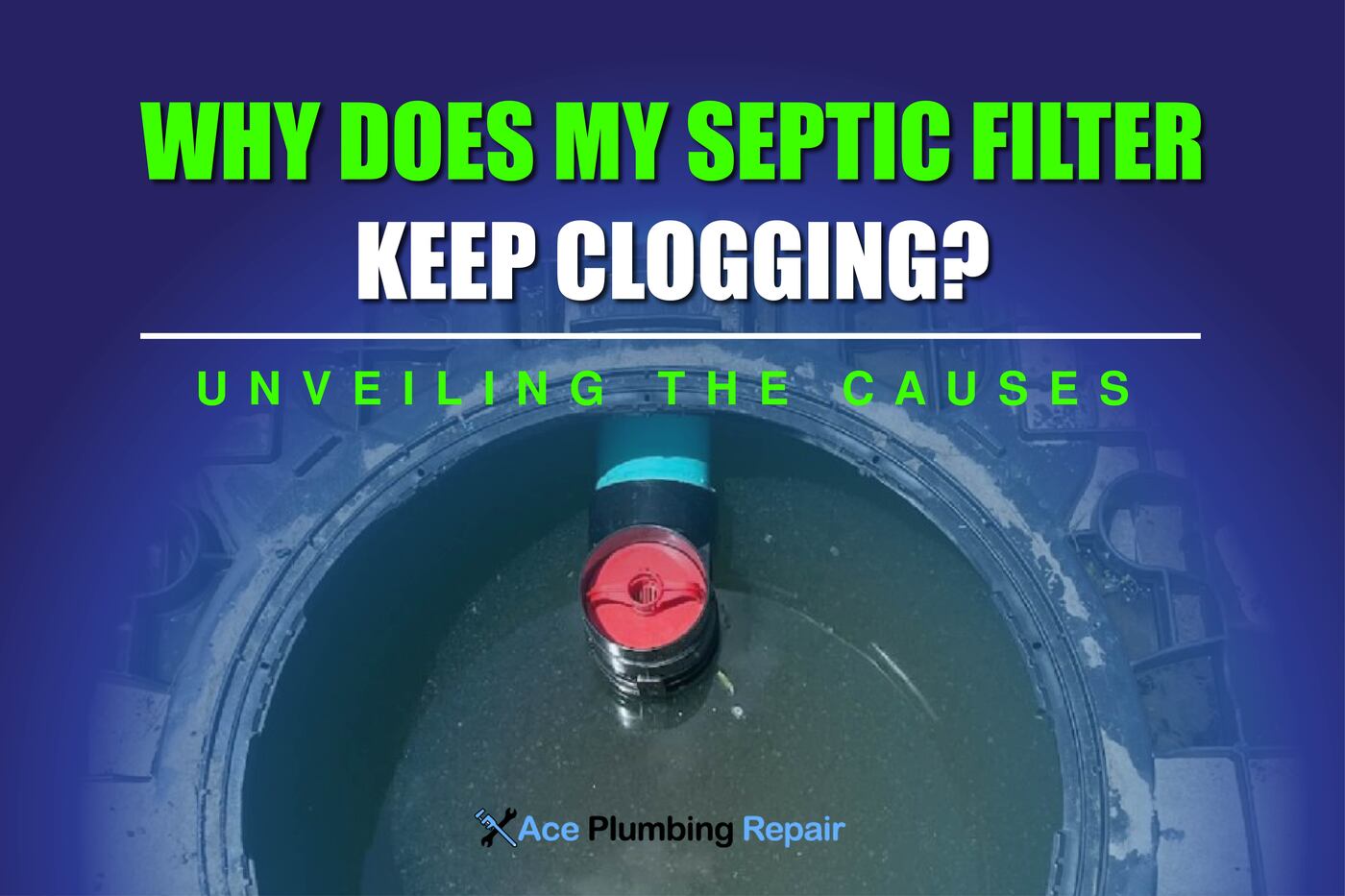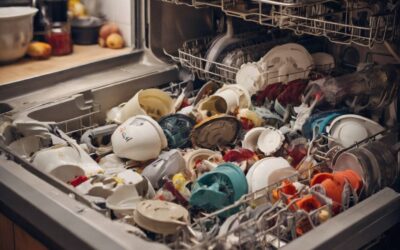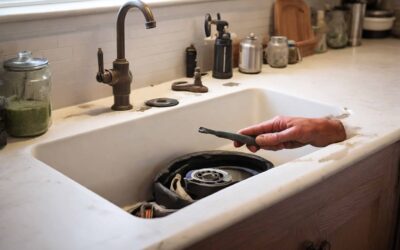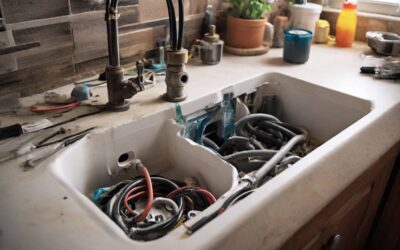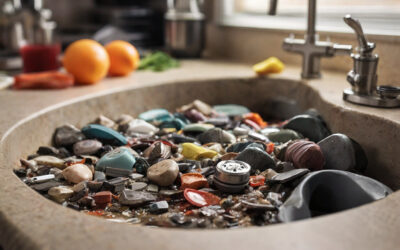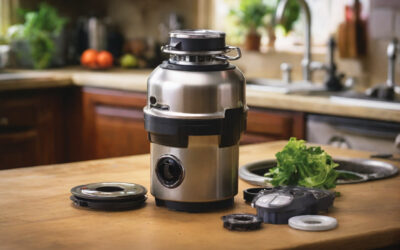Are you puzzled and frustrated, repeatedly asking yourself, why does my septic filter keep clogging? You’re not alone. Many homeowners face this annoying and often challenging issue, disrupting the smooth running of household systems. This common problem can stem from a variety of factors, ranging from everyday habits to systemic issues within your septic system. In this blog, we’ll explore the key reasons behind this frequent clogging and provide you with effective strategies to prevent future blockages. Understanding the root of the problem is the first step to maintaining a healthy and efficient septic system.
What defines a sewage tank filter?
Have you ever wondered about that crucial component in your septic system, the septic tank filter? Also known as an effluent filter, it’s like the unsung hero keeping your system running smoothly. Imagine it as a gatekeeper, catching solids and debris as they try to leave the tank.
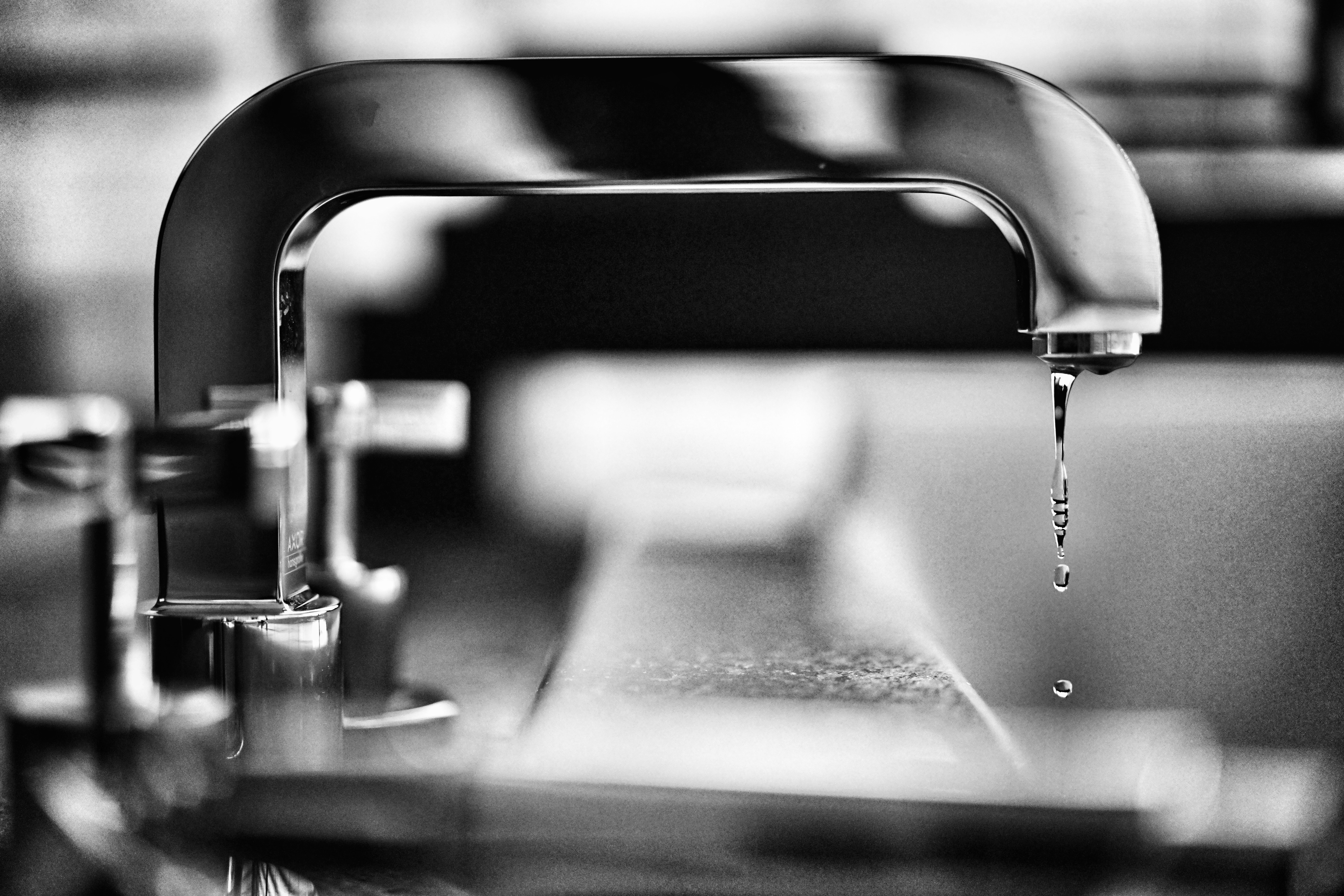
This simple yet effective tool is essential in preventing these unwanted materials from moving into your septic drain field, where they could cause serious issues. A healthy septic system is more than just a convenience; it’s vital for public health and maintaining water quality.
If your septic system gets clogged, it’s not just a minor inconvenience. It can lead to sewage backing up into your home or yard, which is as unpleasant as it sounds and poses a significant health risk. Just like any hardworking component, your septic tank filter needs regular check-ups and replacements.
Typically, this is every few years, but if your household is larger or produces more wastewater, you might need to do it more frequently. You’ll know it’s time for a change when the filter gets clogged and struggles to let water pass through efficiently. Keeping an eye on this can save you from a lot of trouble down the line.
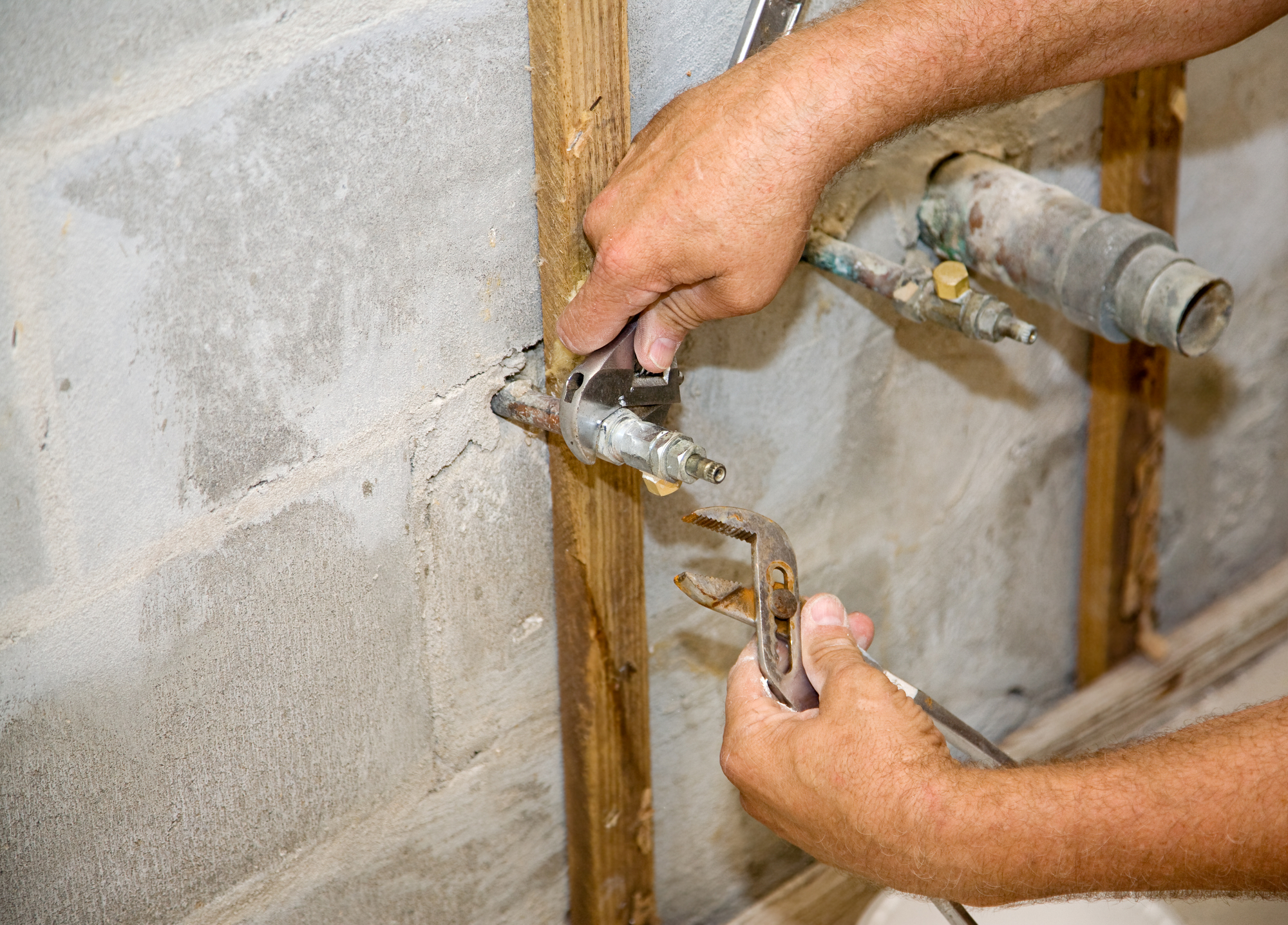
Finding the ideal septic tank filter
Choosing the right septic tank filter is crucial for maintaining the efficiency and longevity of your septic system. Start by considering the size and design of your septic tank, as filters are not one-size-fits-all.
Opt for a filter that is compatible with your system’s specifications. The material of the filter also matters; durable materials like PVC or high-grade plastic ensure longevity and better performance. Additionally, think about your household size and water usage.
Higher water flow rates might require a more robust filter. Lastly, consult with a septic system professional. They can provide valuable insights based on your specific system and usage patterns, ensuring you select a filter that effectively protects your system from clogging and potential damage.
Why does my septic filter keep clogging?
If you’re constantly facing issues with your septic filter clogging, it’s important to understand the potential causes. Here are some common reasons why septic filters clog:
Excessive sludge buildup
If your septic tank accumulates too much sludge, it can lead to clogs. Regular pumping and maintenance are essential to remove this buildup.
Non-biodegradable materials
Flushing non-biodegradable items like wipes, feminine hygiene products, or certain types of toilet paper can cause blockages as they don’t break down easily in the septic system.
Grease and oils
Fats, grease, and oils can solidify inside the tank and adhere to the filter, leading to clogs.
Overuse of water
Excessive water usage can overwhelm the septic system, pushing solids toward the filter and causing blockages.
Chemical interference
Harsh chemicals can disrupt the balance of bacteria in the tank that helps break down solids. Without these bacteria, solids accumulate faster, increasing the risk of clogs.
Poor maintenance
Neglecting regular inspections and maintenance of your septic system can lead to unnoticed issues that result in clogging.
Aged system
Older septic systems or filters may be more prone to clogging due to wear and tear or outdated designs.
To prevent these issues, ensure regular maintenance of your septic system, be mindful of what goes down your drains, and consult with professionals if problems persist.
How often should the effluent filter be cleaned?
The frequency of cleaning the effluent filter in your septic system largely depends on your household size, water usage, and the overall demands placed on the septic system.
Generally, it is recommended to clean the effluent filter at least once a year. However, in households with high water usage or larger families, cleaning might be needed more frequently, such as every six months.
If you notice signs like slow drains, unpleasant odors, or a backup in your system, it might indicate that the filter needs cleaning sooner.
Regular maintenance, including cleaning and inspecting the effluent filter, is crucial for the efficient functioning of your septic system and to prevent more significant issues down the line.
Consulting with a septic system professional can provide personalized advice based on your specific system and usage patterns.
Common culprits: why filters clog
Several common culprits can lead to clogging in septic tank filters. Understanding these can help in preventing and addressing the issue effectively:
Excessive sludge accumulation
The primary reason for filter clogging is the buildup of sludge in the septic tank. Over time, solid waste settles at the bottom, and if not pumped out regularly, it can overflow into the filter, causing a clog.
Non-biodegradable materials
Items that don’t break down easily, such as wipes, feminine hygiene products, condoms, and certain types of toilet paper, can clog the filter when flushed into the septic system.
Grease and fats
Grease, fats, and oils from kitchen waste can solidify in the septic tank and stick to the filter, leading to blockages.
High water usage
Excessive water flow into the tank, often due to inefficient water use in the household, can push solids into the filter faster than they can decompose, resulting in clogs.
Chemical disruption
The use of harsh chemicals, like certain cleaning agents and pesticides, can kill the beneficial bacteria in the tank. These bacteria are crucial for breaking down solid waste, and without them, solids accumulate and clog the filter.
Broken or damaged filters
A filter that is damaged or has deteriorated over time can become ineffective at trapping solids, leading to clogs.
Root intrusion
In some cases, roots from nearby trees or shrubs can grow into the septic system, obstructing the filter.
Addressing these issues involves regular maintenance, being cautious about what goes down your drains, and consulting with septic system professionals for periodic checks and repairs.
When to call an expert
Knowing when to call an expert for your septic system is crucial to prevent small issues from escalating into major problems.
If you notice signs like slow-draining sinks and toilets, sewage backups, foul odors, unusually lush or soggy ground over the drain field, or gurgling sounds in the plumbing system, it’s time to consult a professional.
These symptoms often indicate serious issues that DIY approaches can’t resolve, such as clogged filters, full septic tanks, or drain field problems.
Experts have the tools, knowledge, and experience to diagnose and fix these issues effectively. Regular professional inspections, ideally every 1-3 years, can also preemptively address potential problems, ensuring your system remains in optimal condition.
The bottom line
In the final word, the question why does my septic filter keep clogging? Often has a multifaceted answer. It’s typically due to a combination of factors like excessive sludge buildup, flushing non-biodegradable materials, grease and oils, high water usage, chemical disruption, and sometimes, aged or damaged equipment. Addressing these issues requires a mix of regular maintenance, mindful usage, and timely professional intervention. By understanding the common causes and adopting proactive measures, you can significantly reduce the frequency of clogs and ensure the smooth functioning of your septic system, protecting both your home environment and your peace of mind.

